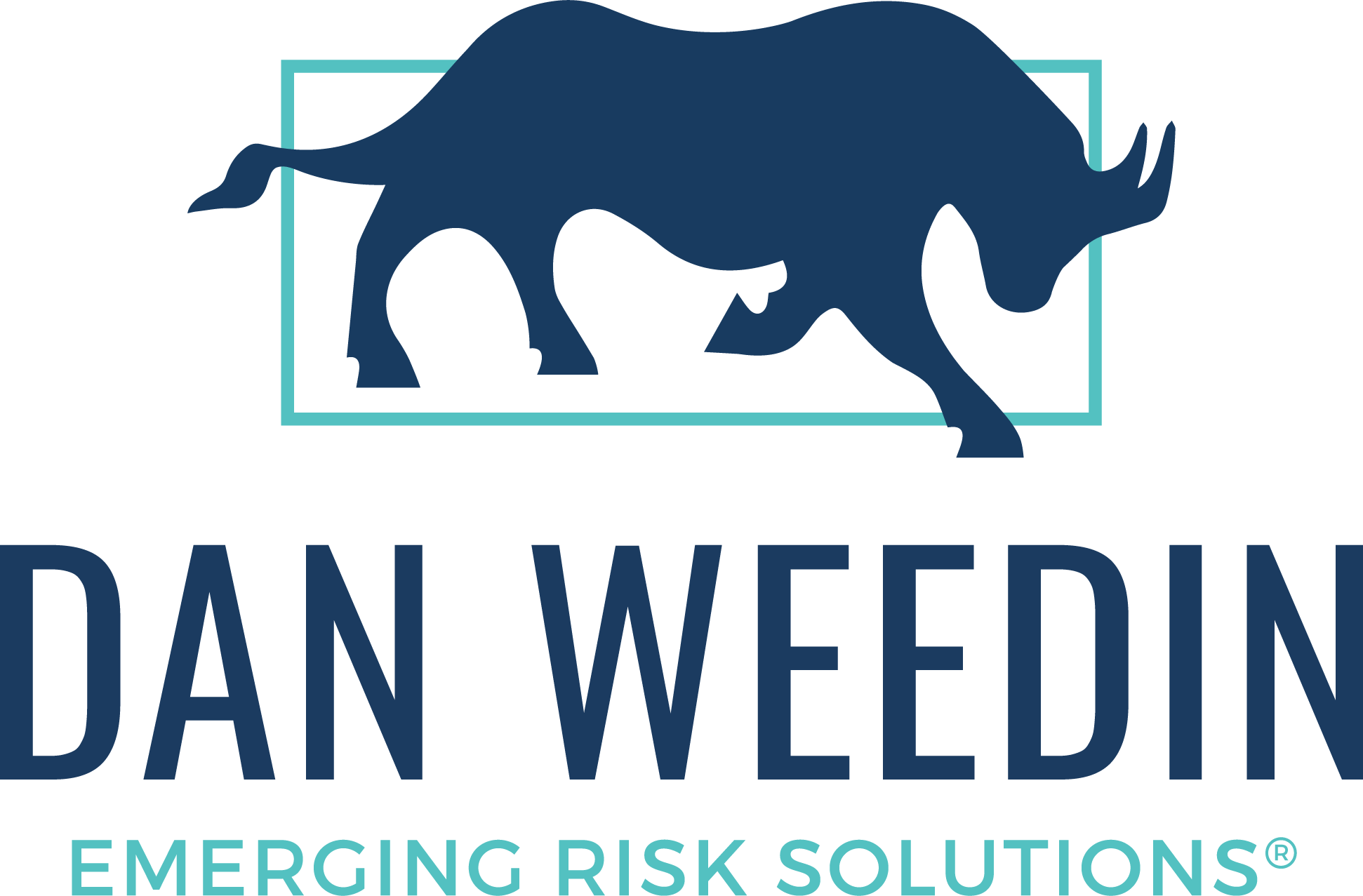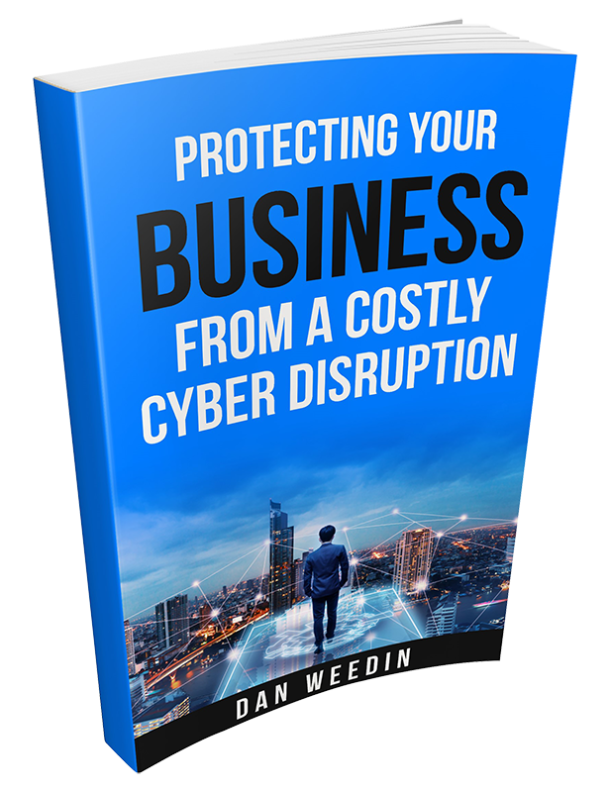 It’s three days after an excruciatingly painful Super Bowl loss for my hometown team. The Seattle Seahawks and their fans basically took a brutal punch to the gut.
It’s three days after an excruciatingly painful Super Bowl loss for my hometown team. The Seattle Seahawks and their fans basically took a brutal punch to the gut.
In the span of about 30 “real-time” seconds from the point where Marshawn Lynch was tackled on the 1-yard line to the fateful interception by Patriots cornerback Malcolm Butler, we all went from the jubilation of winning the Super Bowl to losing. Cruel.
Now I understand that as a fan, this isn’t the most compelling crisis that’s occurring around the world. The measles outbreak in the United States; the terrorist actions around the globe; and the winter storm pummeling the Midwest and East Coast surely are weightier in a human perspective. That’s not quite the same for the players and organization, though.
For these people, this is their livelihood. Just as you and I go about our jobs and careers, this is their “business.” That not only includes high-salaried players and coaches; it also means the office and support staff in the building. It’s the equivalent of your company being “sucker punched” and having the entire organization in crisis-mode.
My question for you is – Can you take a punch and get back up?
The Seahawks now have to answer this question as an organization. The culture, the churn of players and coaches, and the overall mindset must stay resilient. There will be hurt feelings in the locker room. There is likely to be drama regarding new contracts offered, and others not offered. There will be that lingering feeling of opportunity lost that never goes away. Leadership and communication is critical to being able to take a punch and stand back up for them.
The same is true for you in business and in your personal life.
There are two important aspects to this resiliency. The first is physical. Do you have processes and redundancies in place to overcome a physical disaster like a fire, flood, hurricane, earthquake, or loss of power? Is your insurance adequate to replace and repair property? Do you have a plan for staying open in the interim period? These are all questions that good business leaders deal with in advance.
The second aspect is more challenging and more important.
Resiliency is easy when fixing property – homes, equipment, buildings, computers. Fixing the emotional side is harder – loss of confidence, depression, distraction, fear, sense of loss, and uncertainty.
Great leaders can do this knowing 3 important things:
- It will take time. I know we all like to fix things fast. Emotional resiliency requires some level of grief, understanding, and perspective. It can’t be rushed, only lightened.
- It requires constant communication from the top down. Candid, real, and transparent communication.
- It requires trust. Sometimes in crisis, trust is lost, or at least damaged. In order to rebuild trust, you must enhance organizational culture.
Bottom line- we will soon see of the Seahawks are able to take a punch and pop back up. Based on experience, I’m certain they can and will. What about you personally and professionally?
Can you take a punch?
© 2015 Dan Weedin. All Rights Reserve


Clearly outstanding. One of your best!
Sent while on the move helping others transform their success and significance.
Aw, shucks. Thanks!